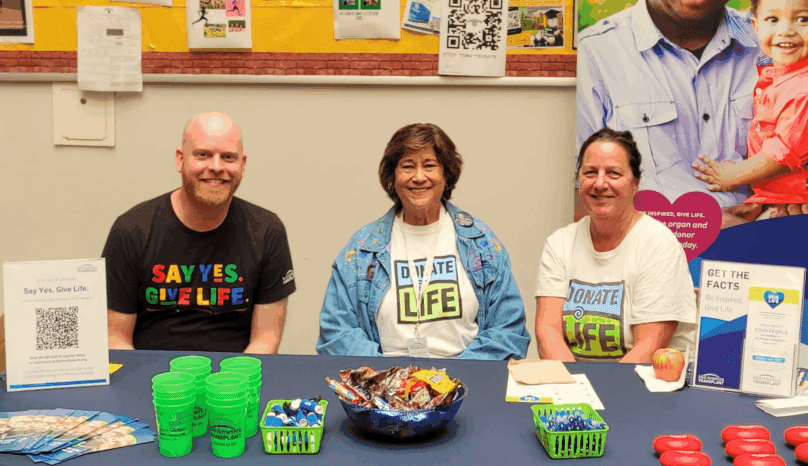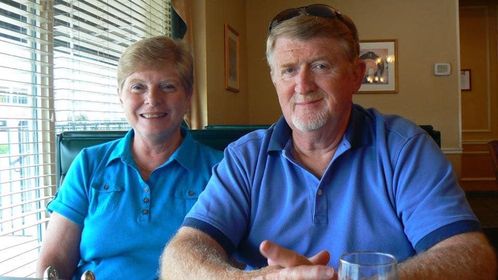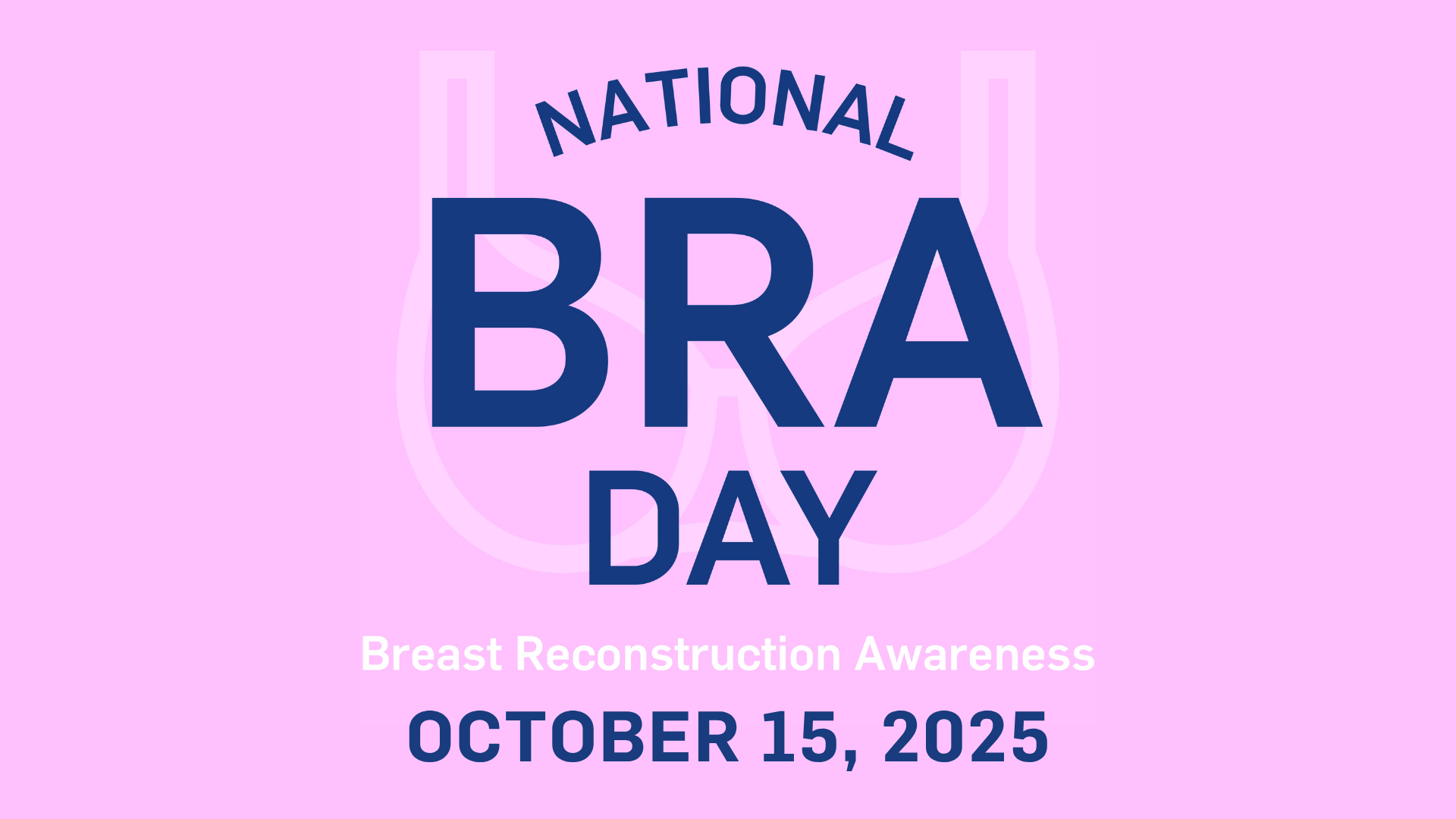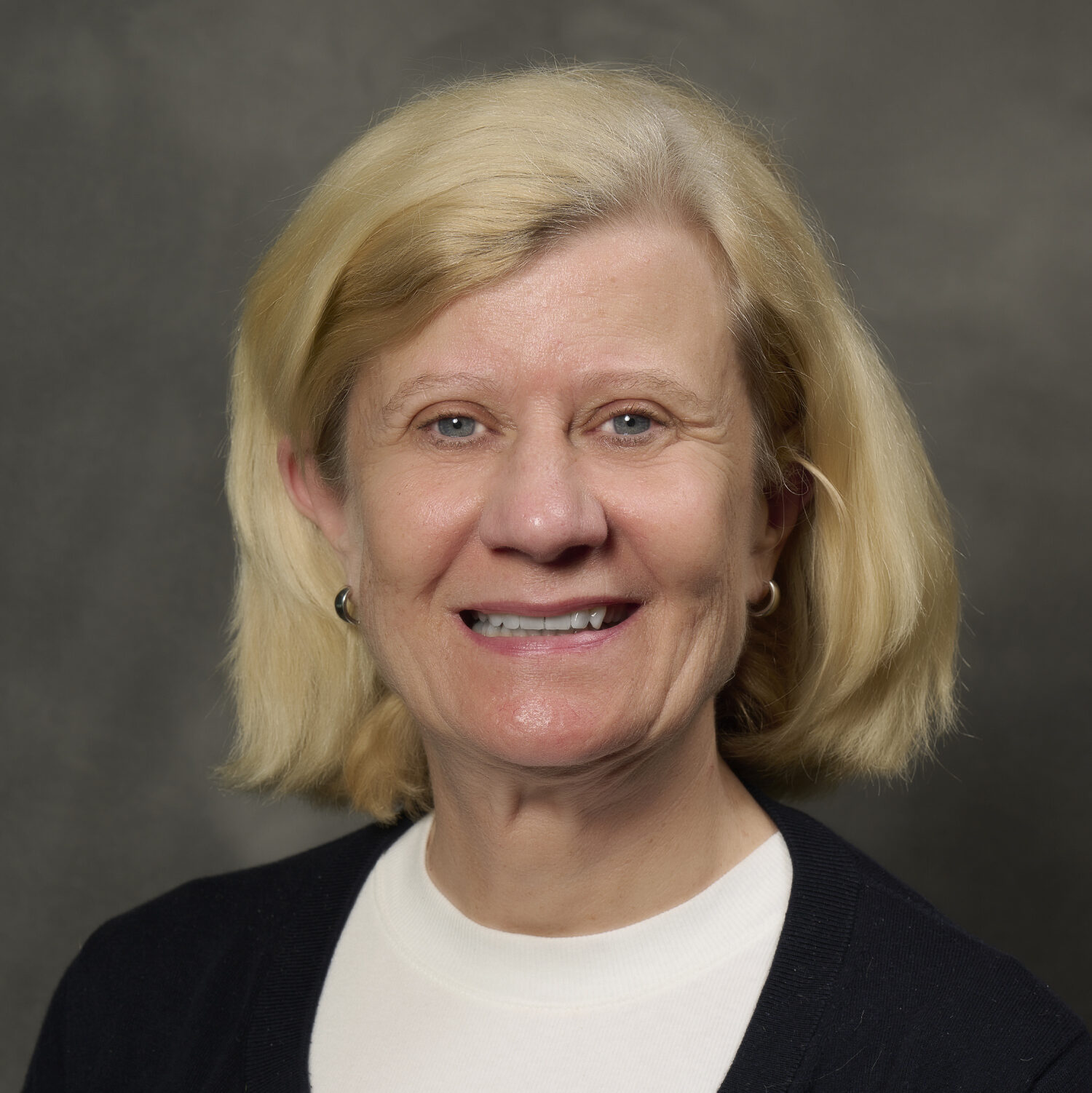Organ donation has the power to save and transform lives. But misunderstandings and misinformation surrounding organ and tissue donation can persist within communities, including those of faith. National Donor Sabbath—a month-long awareness campaign taking place each November—is dedicated to overcoming these barriers by uniting faith communities around this life-giving cause.
Daniel, a faith-based community engagement coordinator with Mid-America Transplant, understands the power of engaging faith communities on this vital issue. After serving as a pastor for 10 years, Daniel now has a unique role that enables him to unite people from different faith backgrounds around a cause that honors service, kindness, and the gift of life. “I think it’s powerful and meaningful when faith communities do things together,” he said. “When we can gather and unify around things that we all agree are important, it speaks to the value and worth of our faith and how our faith impacts how we live.”
Faith communities offer a unique platform for outreach, as they are built on trust, shared values, and regular gatherings, providing opportunities for people to learn and reflect together. However, access to clear and accurate information is crucial to overcoming misconceptions about organ and tissue donation. These misconceptions may include misunderstandings about religious views on donation, fears about how donors are treated after death, or concerns that choosing to become a donor might prevent life-saving medical care.
How misinformation can harm organ donation advocacy
Faith communities often function as close-knit circles where shared beliefs are discussed and reinforced. Misinformation can spread easily in these environments – often unintentionally – when individuals lack access to accurate information.
“I think what happens is that people are just not aware or they don’t know how the organ and tissue donation process works,” Daniel said. “Or they’ve never really thought about it. Which is probably the case for most Americans, but I think it’s true for faith leaders as well. If we don’t actually know something, it’s much easier to be misinformed about it.”
Some people may believe, for example, that their religion forbids organ donation. In reality, most major religions—including Christianity, Judaism, Islam, and Buddhism—support organ donation as an act of compassion, charity, and service to others. However, without clear education and open conversation, misunderstandings can persist, leading potential donors to shy away from this selfless choice. “A big piece of my role is bringing it to their attention to make sure that they are aware of it, and then hopefully informed and educated,” Daniel added.
Further complicating matters is the sensitive nature of death and what happens to one’s body after passing. Some people fear that organ donation might interfere with the body’s integrity or affect burial practices. In many cases, these fears can be addressed through open, compassionate conversations, but the opportunity must be provided. That’s where National Donor Sabbath comes in.
The role of National Donor Sabbath in faith communities
National Donor Sabbath provides a structured opportunity for faith leaders to discuss organ and tissue donation within the framework of shared beliefs in kindness, service, and generosity. This observance allows congregations across the United States to dedicate a month to the topic, providing sermons, hosting informational events, and sharing inspiring stories.
Daniel agrees that the month-long campaign serves as a useful approach. “A really powerful statement can be made by having congregations and communities of faith throughout the United States emphasize how important organ and tissue donation is,” he said.
National Donor Sabbath not only raises awareness but also creates an opportunity for people like Daniel to address barriers caused by misinformation head-on. Through educational sessions, health fairs, and one-on-one discussions, communities have a chance to learn the facts about organ donation, understand how it aligns with their faith values, and hear stories from those who have been touched by the mission—either as donors or recipients.
For Daniel, his work at Mid-America Transplant extends far beyond National Donor Sabbath. Throughout the year, he engages with congregations, attends health fairs, leads presentations, and connects with clergy members. In these interactions, he emphasizes the importance of regular and ongoing dialogue around organ and tissue donation. Faith communities provide an ideal setting for such conversations, as they gather regularly and foster a sense of trust and openness. He explains, “If we are not putting the message out there, we’re missing an opportunity for people to be aware of the lives that they can change.”
For many, the spiritual connection that comes with faith can provide comfort and solace in times of loss. Knowing that their loved one’s organ, eye, and tissue donation can help save or improve another’s life brings a profound sense of purpose to families struggling with grief. When faith leaders address this connection openly, they create an atmosphere where individuals feel supported and empowered to make life-affirming decisions.
As we move toward the Thanksgiving season, National Donor Sabbath invites faith communities to celebrate life and to think about how they might share that gift with others. Deciding to become a registered donor could be one of the most profound acts of kindness one can make. Take a moment to register today, and let love and healing be your final legacy.



